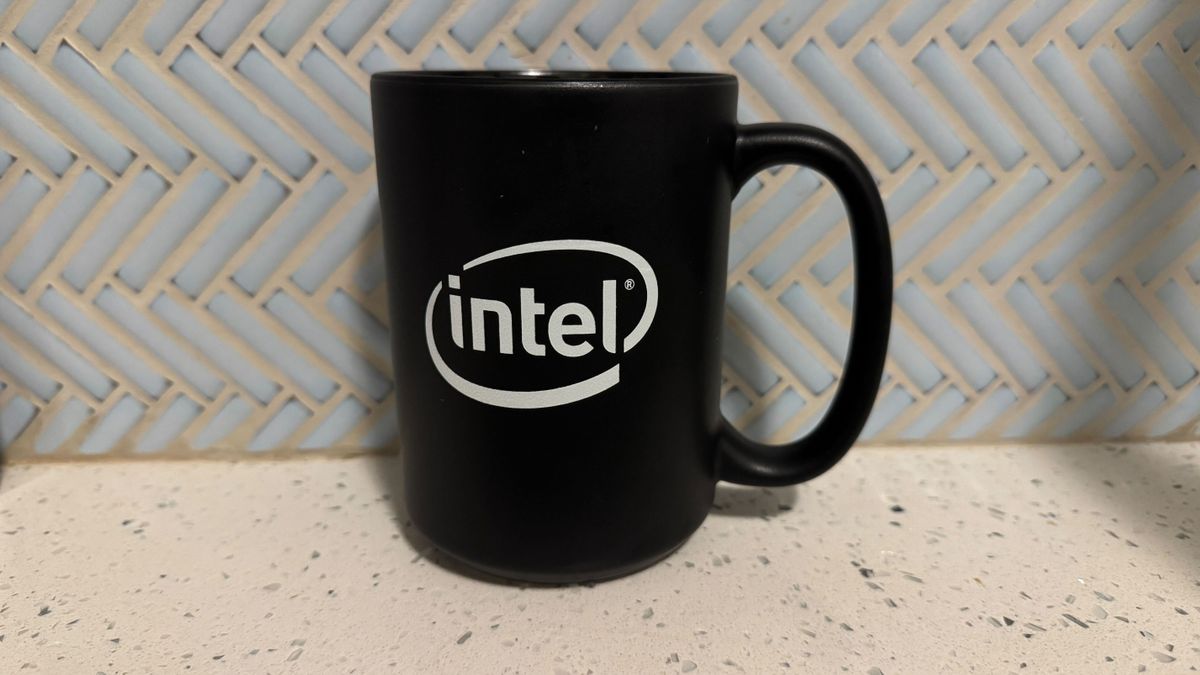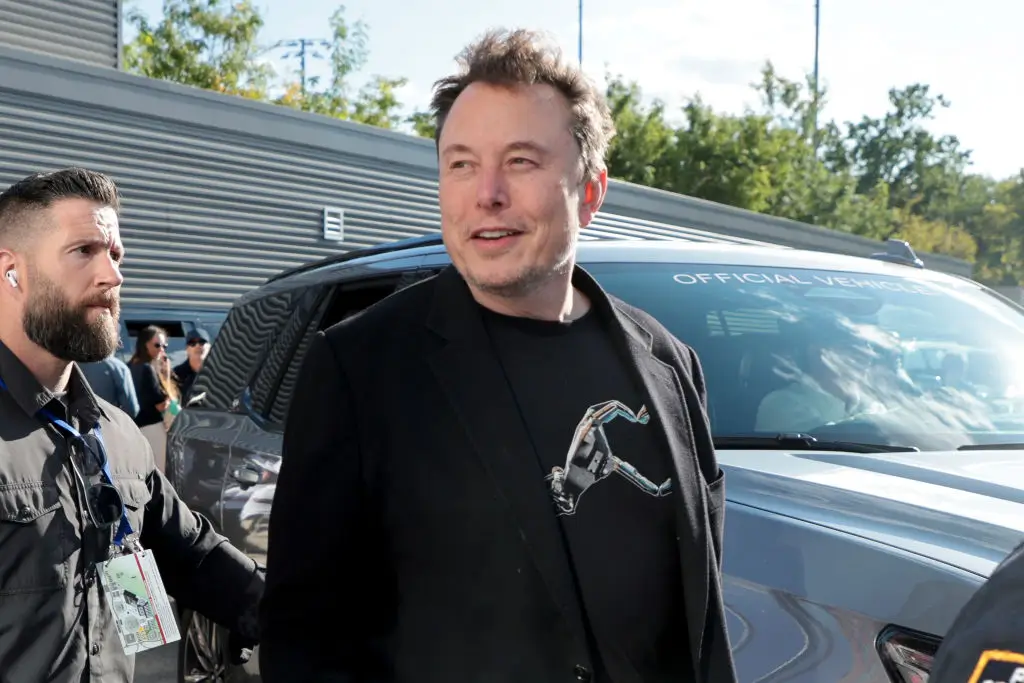Struggling chipmaker Intel announced to its workers that they’re getting free coffee and tea in breakrooms once more. These beverage benefits are one of the things the company suspended after it revealed its massive $1.6-billion loss last August, according to The Oregonian. Although it may seem minor, the company said via internal messaging, “…we understand that small comforts play a significant role in our daily routines. We know this is a small step, but we hope it is a meaningful one in supporting our workplace culture.”
The reinstatement of free drinks for its employees comes after the company suspended some of the most generous benefits found in the industry. Some of these include free fruit and beverages, fitness coaches in the gym, a sabbatical after four years with the company, and the grounding of the Intel Air Shuttle that flies between California, Arizona, and Oregon. The bigger cause of concern, though, is the changes that the company will implement in its annual stock bonuses for employees, especially as they’re a big chunk of worker pay.
According to Intel, its free and discounted food and beverages cost at least $100 million annually. “We really aren’t in a situation where we could continue to afford benefits and programs that are above market practice,” says Intel Chief People Office Christy Pambianchi. She also added, “Until we get into a better financial health position, we need to be suspending those.”
However, it seems that the company has changed its mind—at least partially—about the food and beverage benefits. While free coffee and tea certainly won’t ease the anxiety of its employees about the future, they should give them some energy to get through the day. We hope this little news comforts its people, mainly as a huge chunk of its workforce—at least 15,000—is getting laid off.
Nevertheless, Intel’s Pat Gelsinger is slowly backing the company away from the edge, especially as its 18A process node has promising results. If everything goes well, the company could hopefully turn around sooner rather than later. After all, we don’t want it to reach a point where the government would intervene just to ensure its survival.













